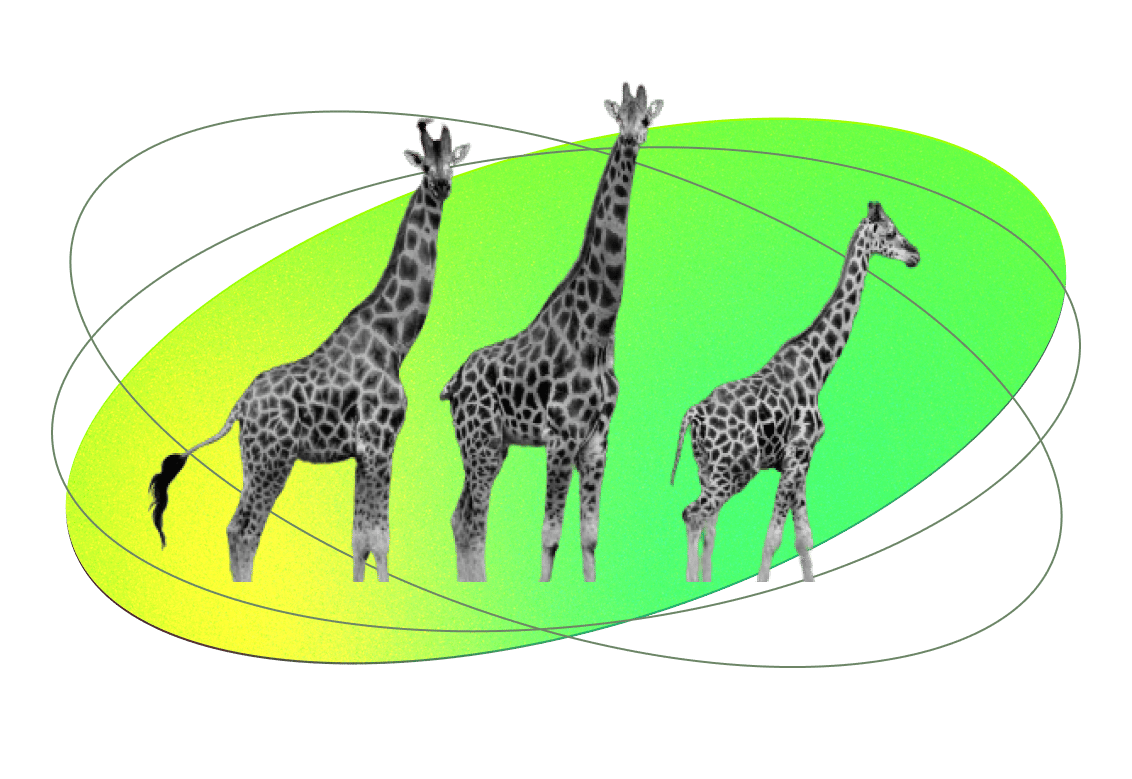It is a common problem in low-income settings: parks with high levels of biodiversity are under enormous pressure for food and cultivable land from the surrounding communities. In central Mozambique, Gorongosa National Park’s commitment to community development, with a focus on empowering women, has played a vital role in its success as a conservation and social initiative.
During the period of Mozambique’s devastating civil war that lasted from the late 1970s to the early 1990s, Gorongosa National Park suffered severe ecological damage as a result of poaching, habitat destruction, and the displacement of wildlife. In the early 2000s, conservation biologists began restoration efforts, working to revive the park's ecosystem and bring back its diverse flora and fauna. The Government of Mozambique, individual philanthropy, bilateral donors, UN agencies including the GEF, and businesses invested significant financial resources and expertise into rebuilding Gorongosa, aiming to transform it into a flagship for African conservation.
Biodiversity, Gender Equality and Sustainability: Gorongosa Park in Mozambique
Devastation Following Civil War
Lessons Learned


National Parks
Education
Community Development
Conservation
KEYWORDS
Biodiversity
Health
Livelihoods

Engaging Local Women and Girls from the Outset
The park's management recognized the importance of involving local communities, especially women, in conservation efforts and social and economic activities. The Women's Cooperative established within the park has focused on providing economic opportunities for local women by engaging them in activities such as crafting and selling traditional artisanal products. The income generated from these endeavors has contributed to the economic well-being of the community. There have also been efforts to improve education and healthcare facilities for women and their families in the surrounding communities.
In addition, Girls Clubs provide a safe and nurturing environment for young girls, keeping them in school by encouraging them to complete their studies, delay pregnancy, and protect them from child marriages. About 94 percent of girls in Mozambique enroll in primary school, but only 11 percent of them continue on to secondary school (USAID, 2019). Thirty to 40 percent of all girls marry before they turn age 18. Girls’ education is not valued and or prioritized as it is for boys, and girls are marginalized, uneducated and not allowed to make household decisions. Enrollment rates are increasing, yet quality education in Mozambique is limited, especially in rural areas.
Girls in the clubs meet every weekday to study and learn life skills. They are provided school materials and uniforms to facilitate their continued enrollment in school. Girls go on excursions to learn about career options and receive career counseling from young women. This activity started in 2016, and there are now currently 50 clubs that serve 2000 girls. The program also provides academic scholarships to secondary and technical schools for girls (five years in duration) and it supports the promoters who organize the Girls Clubs to receive technical training (three years in duration).
Over the years, Gorongosa National Park has made significant progress in its restoration efforts. The park has become a symbol of successful conservation and community engagement. Its broad partnerships and community engagement have contributed to the return and growth of significant populations of many species, reflective of the region’s rich historical biodiversity. The involvement of women and girls in various aspects of these efforts has contributed to the broader goal of sustainable development in the region. The leaders and supporters behind Gorongosa understood the need to work simultaneously with human communities locally to restore and protect the biodiversity of the area.
CNN story about the engagement of girls and women.
Exceptionally large number of diverse partner organizations.



Join the conversation on LinkedIn, and connect with a group of individuals and organizations that focus on the nexus of Gender and the Green Agenda.






